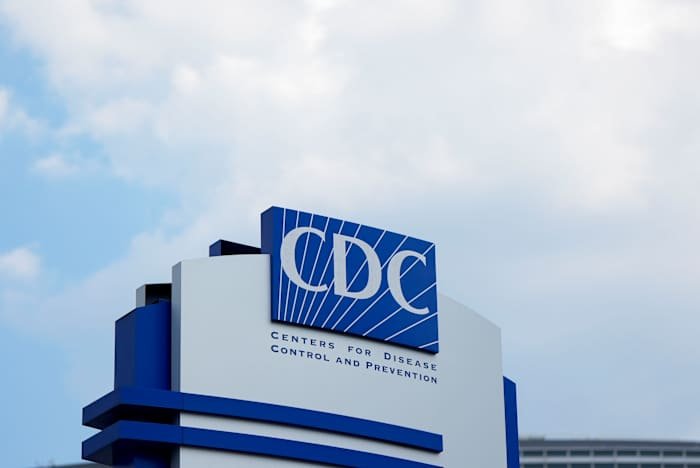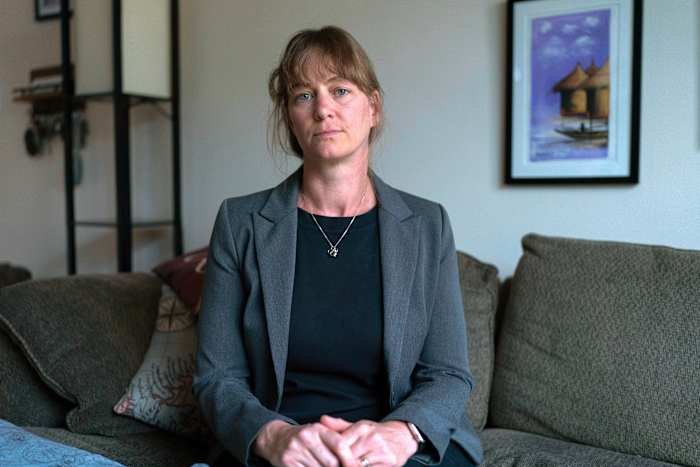In a surprising move, U.S. health officials have decided to remove several leading medical organizations, including the American Medical Association (AMA), from the Centers for Disease Control and Prevention (CDC) vaccine workgroups. This decision has sent ripples through the healthcare community, raising questions about future vaccine recommendations and their impact at the national and local levels, including right here in Orlando.
What Happened: CDC’s Decision to Exclude Medical Associations
For years, the CDC has relied on input from a variety of experts and organizations to help guide its vaccine policy workgroups. These panels play a crucial role in shaping recommendations adopted by healthcare providers nationwide. Recently, however, the CDC informed more than a half-dozen top medical groups—including the AMA, American Academy of Family Physicians, and others—that their participation in these advisory panels would end.
The CDC has cited a need to “streamline” its processes and ensure that its advisory workgroups remain focused and efficient. However, the move has sparked concern among healthcare professionals who believe that excluding these organizations could limit diverse perspectives and reduce transparency in vaccine policy development.
Who Was Affected: Major Medical Associations Removed
The organizations that have been excluded from the CDC vaccine workgroups are some of the most influential in the country. The list includes:
- American Medical Association (AMA)
- American Academy of Family Physicians (AAFP)
- American Academy of Pediatrics (AAP)
- American College of Physicians (ACP)
- American College of Obstetricians and Gynecologists (ACOG)
- Infectious Diseases Society of America (IDSA)
These groups represent thousands of doctors, nurses, and healthcare providers across the nation, including right here in Central Florida. Their expertise has historically helped shape practical, real-world vaccination guidelines that are used in Orlando clinics, hospitals, and pharmacies every day.
Potential Impact on Orlando’s Healthcare Community
Orlando’s healthcare infrastructure relies heavily on national guidelines to inform local practices, especially when it comes to vaccination schedules for children and adults. With the removal of key medical associations from the CDC’s advisory process, local doctors and public health officials may have concerns about the inclusivity and robustness of future vaccine recommendations.
Providers in Orlando often look to the AMA and other leading groups for guidance, education, and advocacy. These organizations also play a vital role in communicating vaccine updates to healthcare workers and the public. Without their direct involvement at the CDC level, there could be delays or confusion as new recommendations are rolled out in Central Florida.
Additionally, Orlando’s diverse population—including large communities of children, seniors, and international visitors—relies on strong, clear vaccine guidance to protect public health. Any change in the way recommendations are developed has the potential to impact vaccination rates and overall community health.
Reactions from the Medical Community
The decision has drawn a swift response from affected organizations and healthcare professionals nationwide. The AMA and others have publicly expressed disappointment and concern. Many argue that the exclusion of broad medical expertise could weaken the nation’s scientific and ethical foundation for vaccine policy.
Dr. Jesse Ehrenfeld, president of the AMA, issued a statement emphasizing the importance of collaboration: “We believe that the input of practicing physicians and diverse medical organizations is vital for creating vaccine recommendations that are practical, equitable, and trusted by the public.”
Local Orlando physicians who are members of these groups may feel their voices are no longer being heard at the national level, potentially impacting morale and trust in federal agencies. There is also concern that the public could lose confidence in vaccine guidance if they see respected organizations being sidelined.
What Comes Next: Implications for Vaccination Policy
The CDC says it will continue to seek input from experts, but will now rely more heavily on individual specialists rather than representatives from large organizations. Some worry that this approach could narrow the range of perspectives considered and create gaps in understanding community needs.
For Orlando and other cities, this change comes at a critical time. Vaccination rates are still recovering from pandemic-era declines, and new vaccines for illnesses like RSV and updated COVID-19 boosters are being introduced. Ensuring that recommendations are both scientifically sound and workable for local healthcare providers is more important than ever.
In the coming months, Orlando’s healthcare leaders will be watching closely to see how these changes affect vaccine guidance and public trust. Local advocacy and collaboration may become even more important as national processes evolve.
Conclusion: How Will This Affect Orlando?
The removal of the AMA and other top medical associations from CDC vaccine workgroups marks a significant shift in how vaccination recommendations are developed in the U.S. While the long-term effects remain to be seen, it is clear that the decision could influence how Orlando’s healthcare providers receive and implement national guidance.
Daily Orlando News will continue to follow this developing story, bringing you updates on how local healthcare professionals and public health officials respond. What do you think about the CDC’s decision? Do you have concerns about how this might affect Orlando’s vaccination efforts? Share your thoughts in the comments below—we want to hear from you!
















